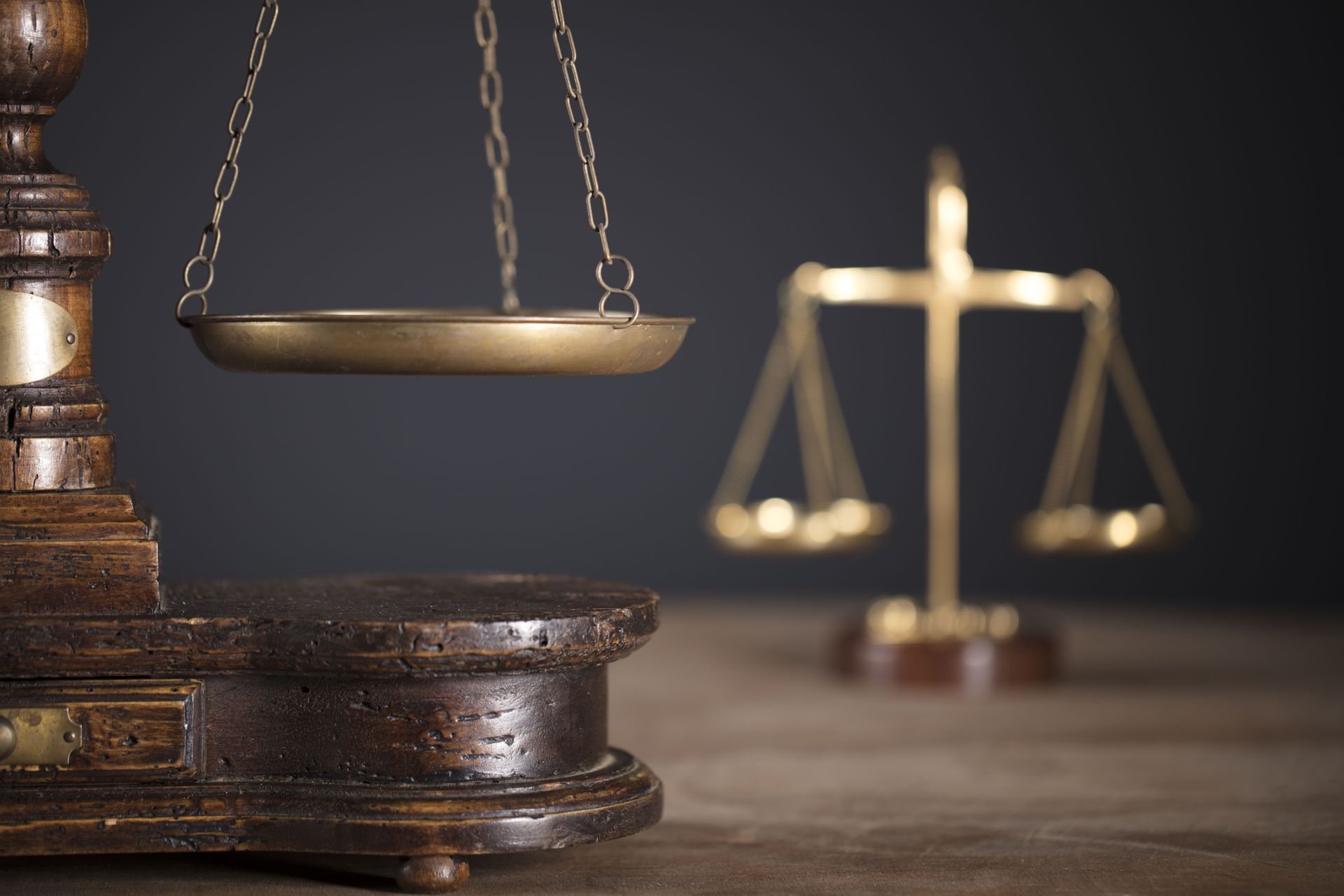
How personal Bankruptcy Affects Your Financial Future?
Article By Patrick Mansfield | Best Rated Law Firms | 02/23/2023
Article Summary
Declaring bankruptcy has severe, long-lasting effects on your finances. If you are considering filing for bankruptcy protection, it is important to be aware of the repercussions it can have on your financial future. Here’s what you need to know about how bankruptcy affects your financial future.
It Will Limit Your Access to Credit
Filing for bankruptcy hardens your financial situation and will limit your access to credit. Lenders view individuals who have gone through the bankruptcy process as higher risk borrowers, which makes them unlikely to lend money. While there are certain loan types available such as secured loans or payday loans, having a bankruptcy record makes it harder for those financial products to be approved.
Some Types of Debt Can Survive Bankruptcy
When filing for Chapter 7 or 13 bankruptcy protection, not all debt is wiped away. Unsecured debts such as medical bills and credit card debt may be discharged by a Chapter 7 filing and restructured in a repayment plan through Chapter 13. In either case most student loans cannot be discharged in any type of bankruptcy filing and must still be paid off as scheduled after the filing is complete.
The Effects Will Last up to 10 Years
The effects of how long bankruptcy stays on your credit report depends on which type of filing you pursue –Chapter 7 or 13—and the extent of damage already reported prior to filing. Typically both Chapter 7 bankruptcies and some Chapter 13 bankruptcies remain on credit reports for up to 10 years from the date the petition was filed with the court system –even if this part is completed very quickly post-filing action . All in all, this demonstrates that find yourself with a significantly poorer credit score that can take time before everything even begins to look normal again.
You Must Focus on Rebuilding Your Credit Score
Although improving a damaged credit score can take several years , there are many steps you can take during this process to help rebuild bad credit faster: Make sure all accounts reported under a single name match exactly between credit bureaus; Pay all bills promptly; Apply for new lines of financing only when absolutely necessary; Monitor all accounts to avoid late payments.


















